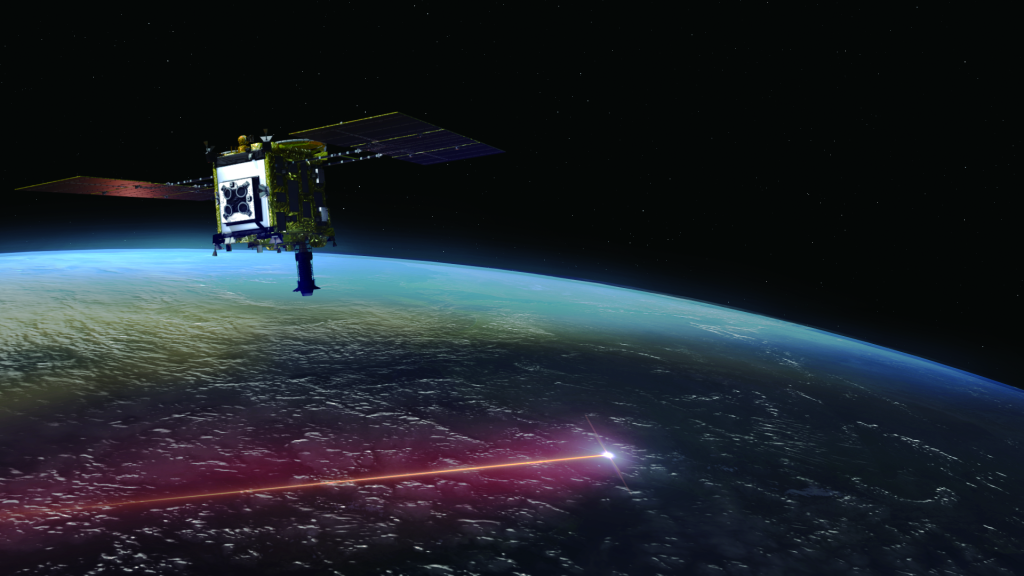Japan is bringing pieces of an asteroid to Earth today. Here's how to watch online.
The Hayabusa2 spacecraft is returning samples of asteroid Ryugu to Earth on Saturday (Dec. 5).
Editor's note: JAXA's live webcast of the Hayabusa2 asteroid sample-return capsule landing will begin at 12 p.m. EST (1700 GMT).
Japan's Hayabusa2 spacecraft is about to deliver a precious sample of asteroid dust to Earth this weekend and you can watch the event live.
The mission will swing by our planet to drop off a capsule full of regolith from asteroid Ryugu, before departing to visit another asteroid in 2031 on its newly extended mission.
The Japan Aerospace Exploration Agency (JAXA) will broadcast two key events overnight tonight and Saturday (Dec. 4-5) during which you can watch the return capsule make its way to the ground. You'll be able to watch the webcasts here and on the Space.com homepage, courtesy of JAXA, as well as on the space agency's YouTube.
The first event is return capsule's separation from the main Hayabusa2 spacecraft, which took place Friday at 11:30 p.m. EST (0430 GMT Saturday, Dec. 4).J JAXA webcast it live on YouTube here.
Infographic: Japan's Hayabusa2 asteroid sample-return mission explained
The capsule will then reenter the Earth's atmosphere en route to its landing in Woomera in southern Australia, the same region in which predecessor mission Hayabusa delivered its asteroid sample in 2010.
Get the Space.com Newsletter
Breaking space news, the latest updates on rocket launches, skywatching events and more!
The reentry of Hayabusa2's capsule will also be broadcast live on YouTube and coverage will start Saturday, Dec. 5, at 12 p.m. EST (1700 GMT). You can watch live at Space.com as well.

If the landing goes to plan, science teams around the world will analyze the sample from Ryugu to learn more about the early solar system. Asteroids like Ryugu formed while our solar system was still young, and these asteroids give us insight into the composition of our neighborhood before planets and moons grew to their current size.
NASA also has an asteroid sample return underway. The Origins, Spectral Interpretation, Resource Identification, Security, Regolith Explorer (OSIRIS-REx) mission picked up even more regolith than expected at its asteroid, called Bennu. The spacecraft stowed the sample safely in October and is expected to return that to Earth in 2023.
Follow Elizabeth Howell on Twitter @howellspace. Follow us on Twitter @Spacedotcom and on Facebook.
Join our Space Forums to keep talking space on the latest missions, night sky and more! And if you have a news tip, correction or comment, let us know at: community@space.com.

Elizabeth Howell (she/her), Ph.D., was a staff writer in the spaceflight channel between 2022 and 2024 specializing in Canadian space news. She was contributing writer for Space.com for 10 years from 2012 to 2024. Elizabeth's reporting includes multiple exclusives with the White House, leading world coverage about a lost-and-found space tomato on the International Space Station, witnessing five human spaceflight launches on two continents, flying parabolic, working inside a spacesuit, and participating in a simulated Mars mission. Her latest book, "Why Am I Taller?" (ECW Press, 2022) is co-written with astronaut Dave Williams.









